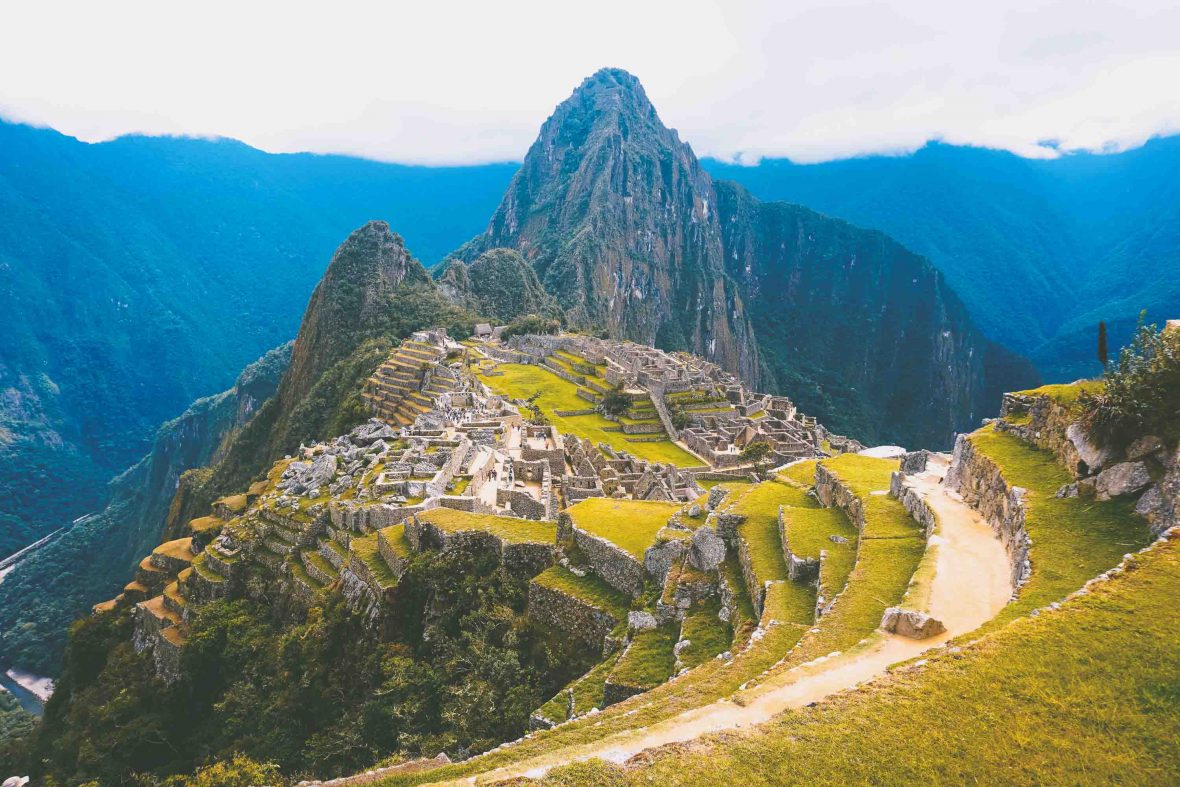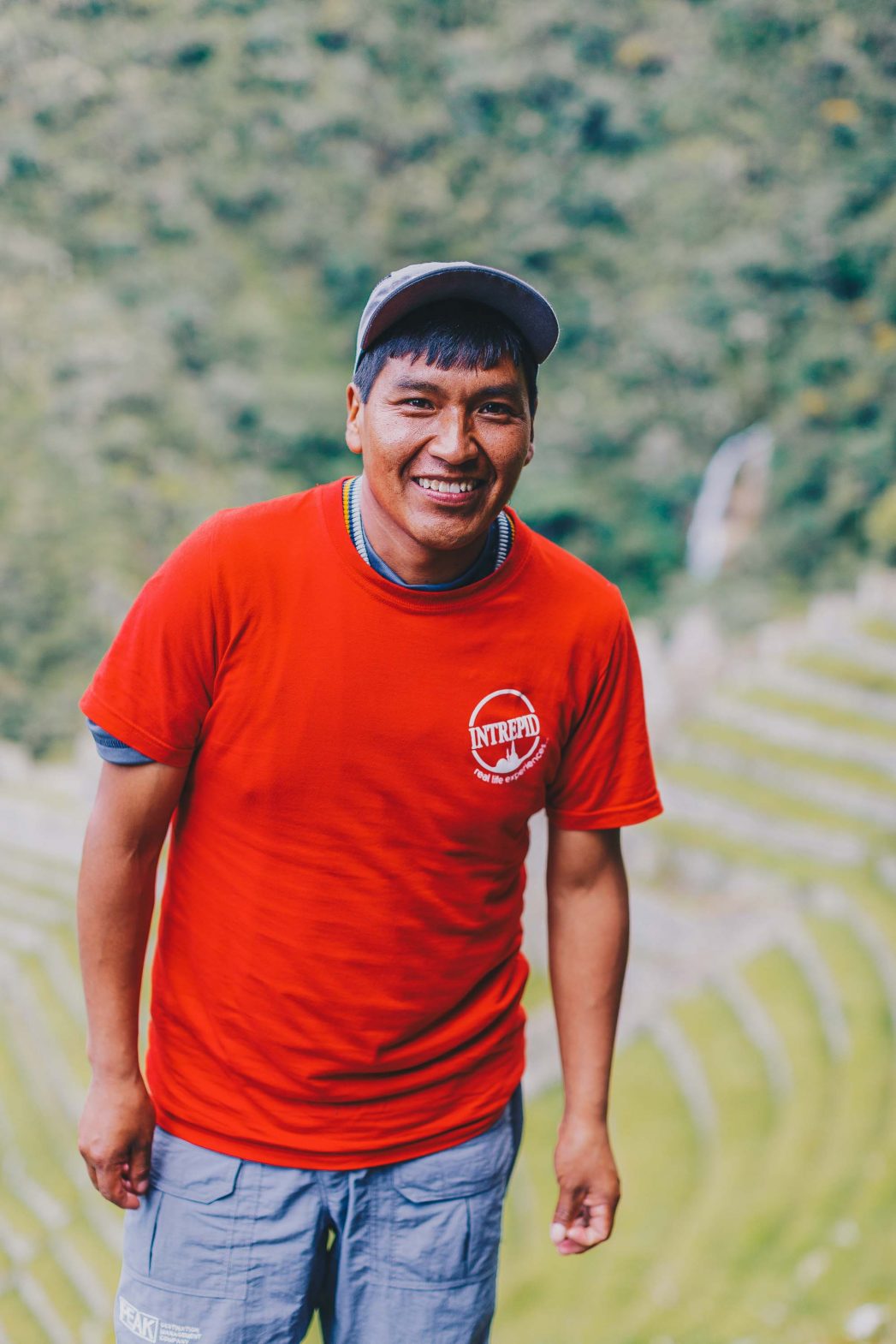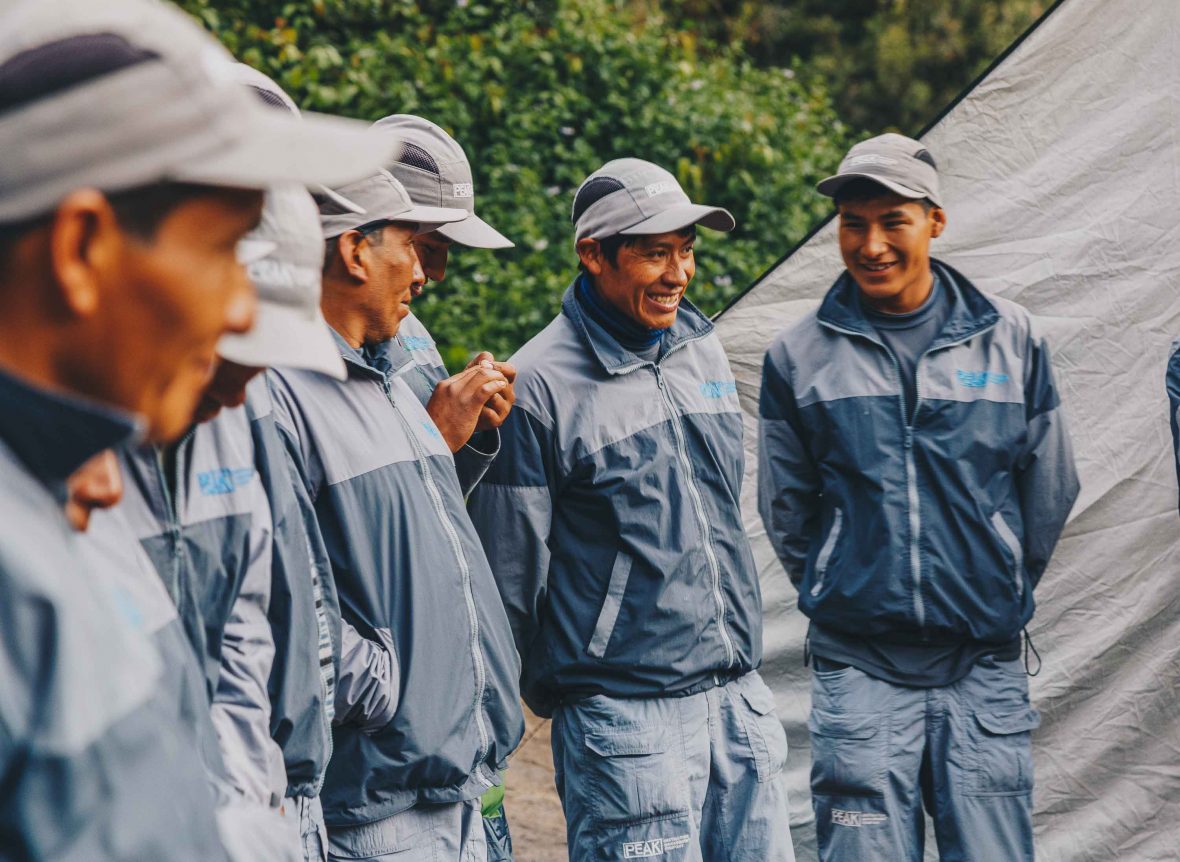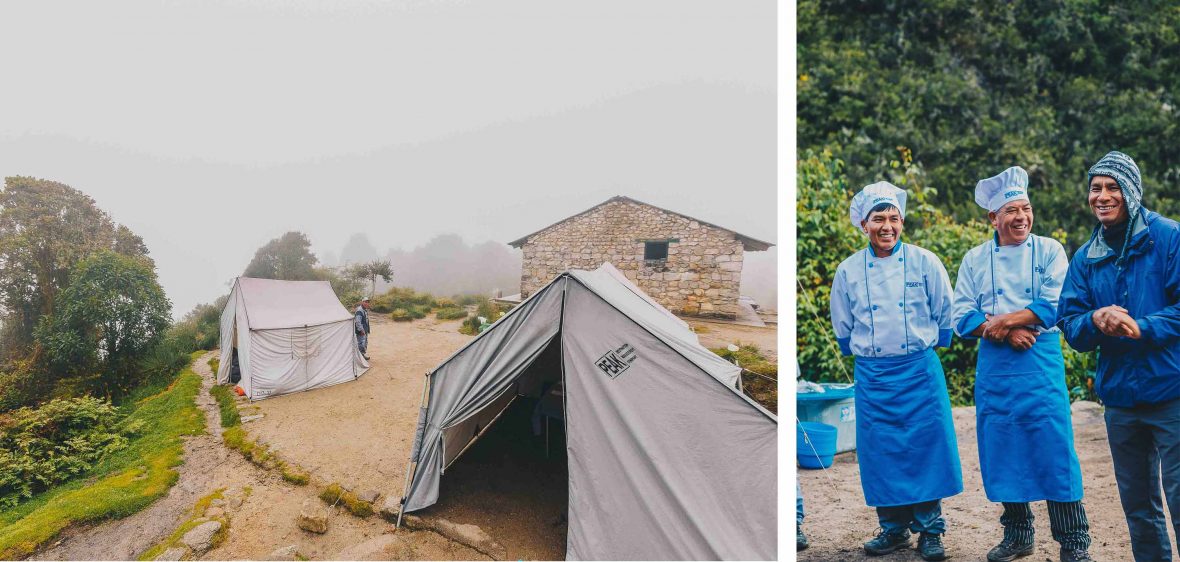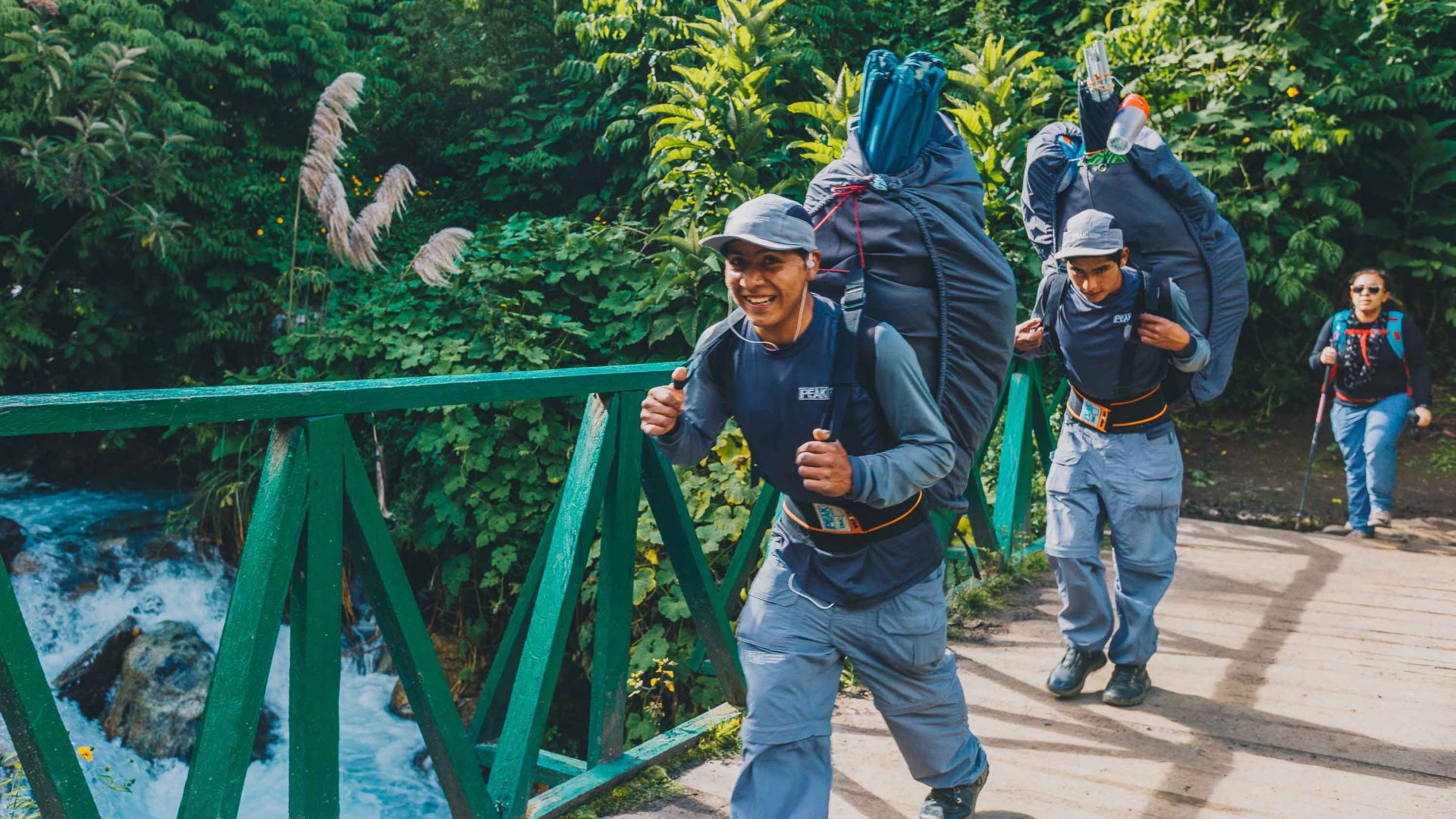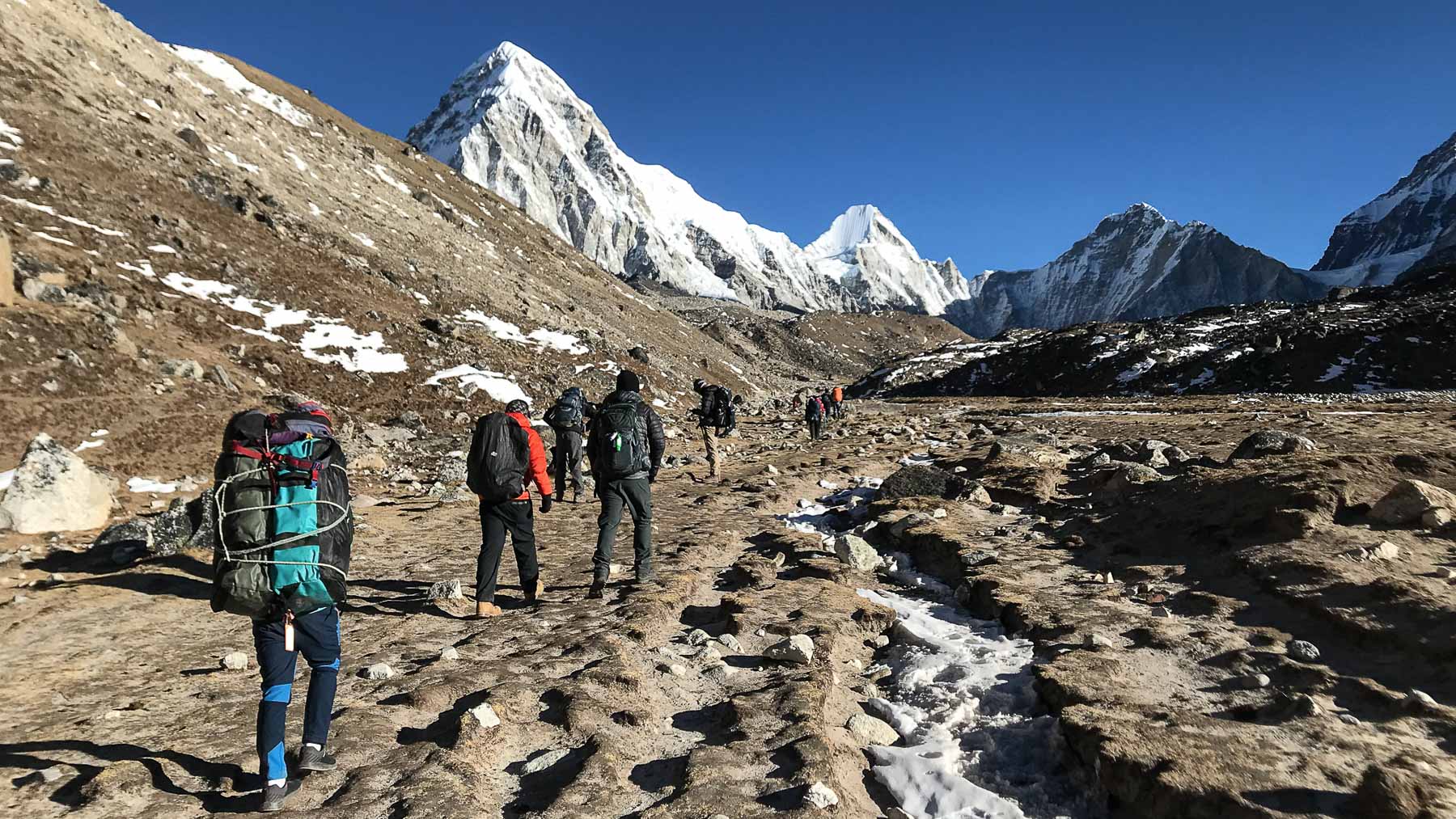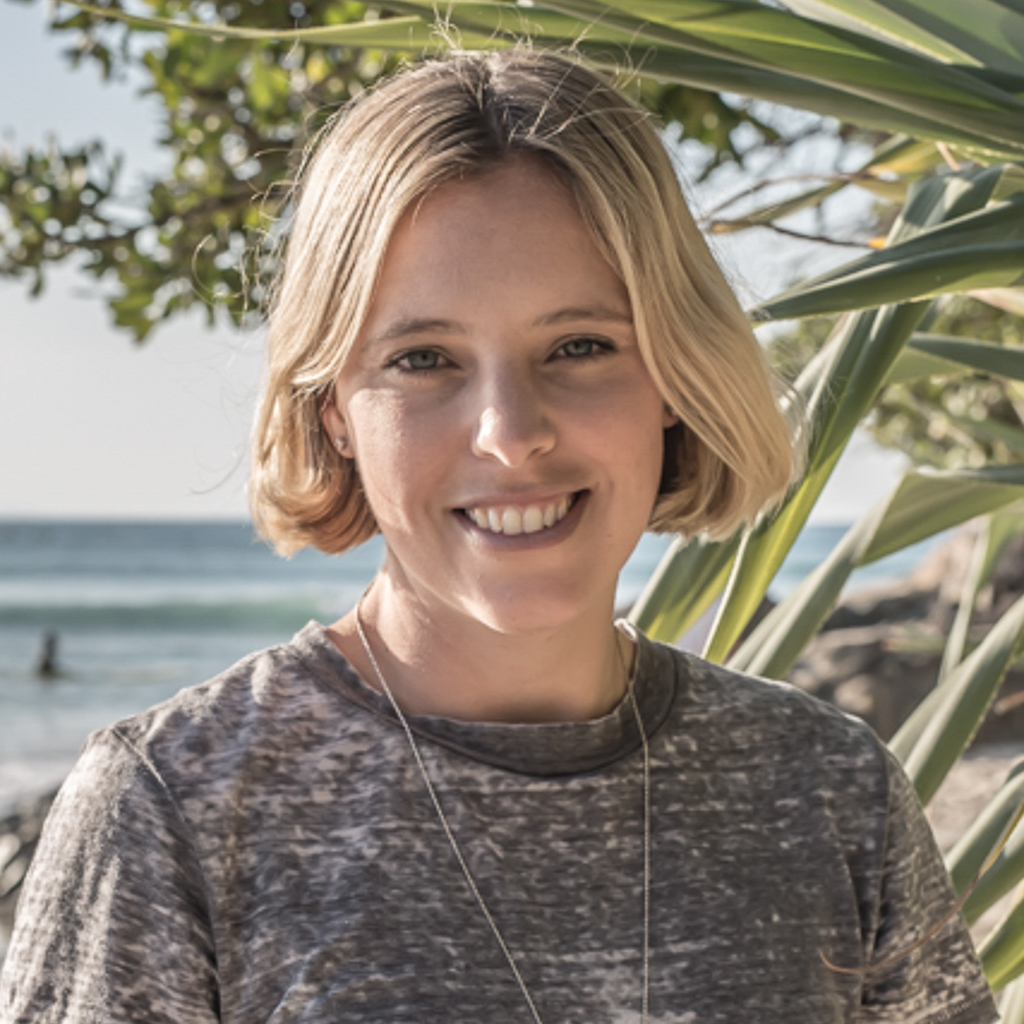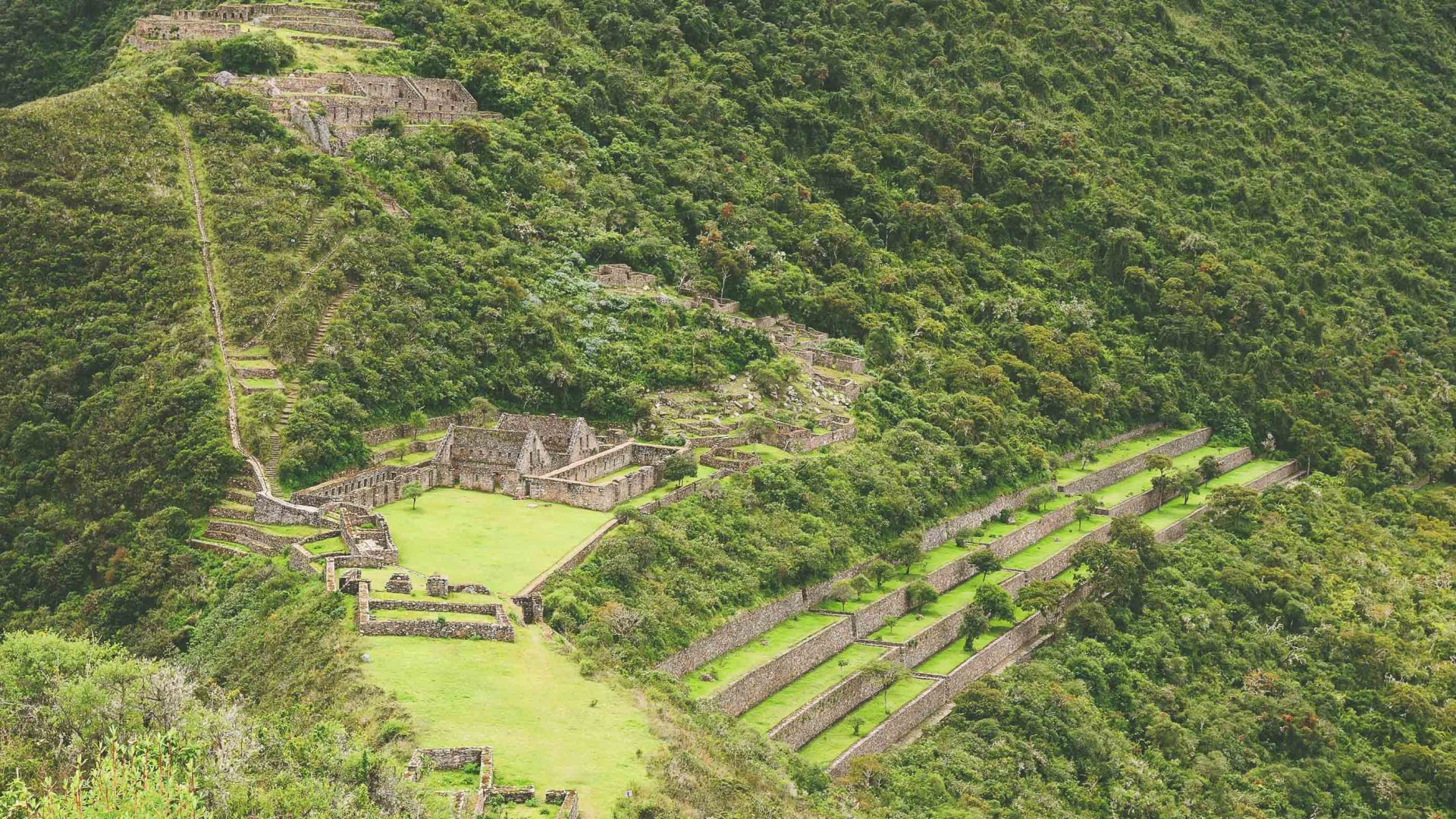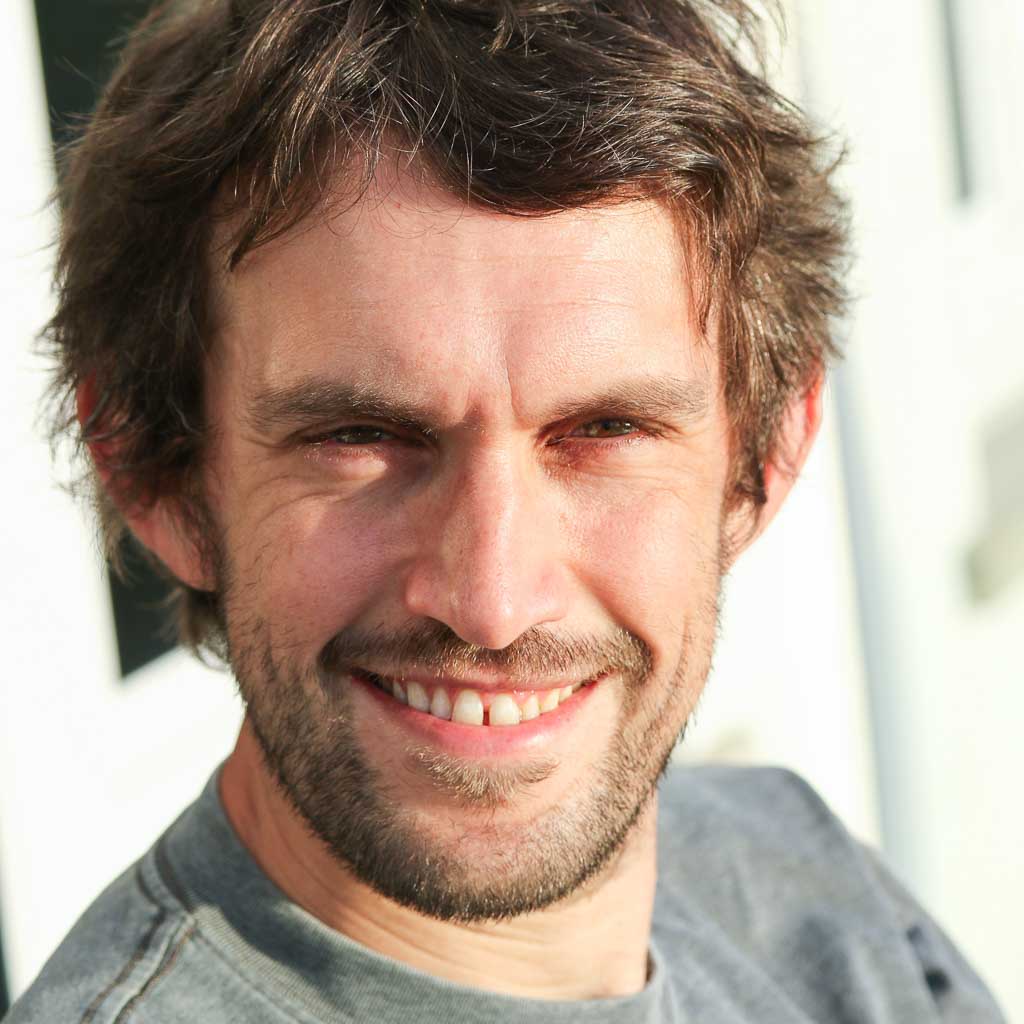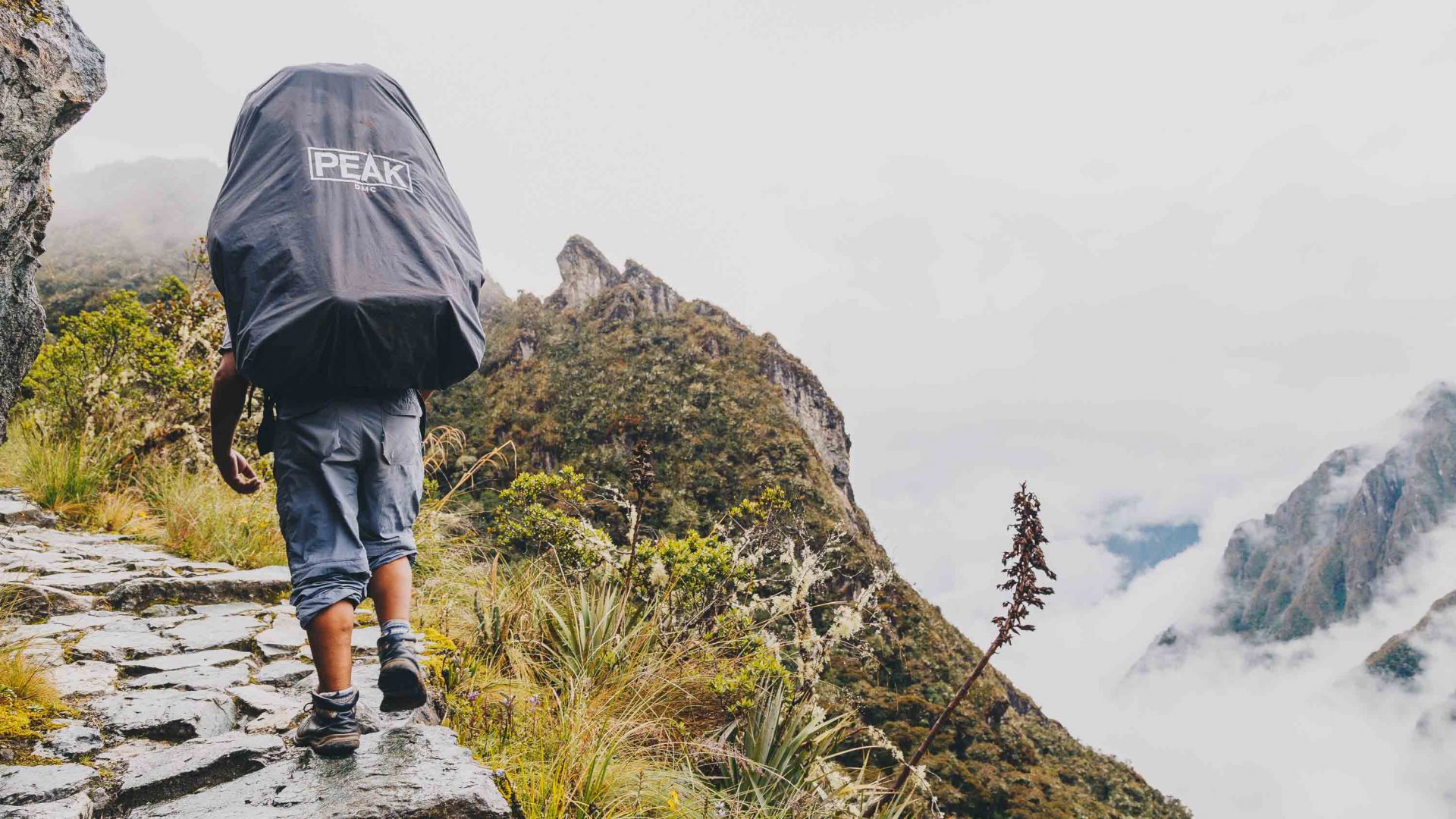
Over the course of 13 years, porter Richard Pfocohuanca has hiked the Inca Trail and worked 15+ hour days in the process, hundreds of times. He’s never made it to Machu Picchu—but that could all be about to change.
Richard Pfocohuanca has hiked the Inca Trail more than most people on the planet, but he’s never seen Machu Picchu (local regulations do not allow porters to visit the ancient site). “I really want to go,” he says over the phone from his home in Peru. “Travelers often tell me about it, and I’ve seen some pictures. It looks very beautiful.”
Richard has been a porter on the Inca Trail for 13 years. He’s climbed the 43-kilometer route hundreds of times, winding up through the Andes, all the way to the dreaded Dead Woman’s Pass (a lung-squeezing 4,215 meters above sea level), and on to the famous Sun Gate. But on the last day, while hikers and tourists push on to Machu Picchu, he and the other porters pack up the tents, clean the pots, load up supplies, and trudge back down to the valley floor. Ready to start again.
With any luck, that’s all about to change, as PEAK South America—the destination management company of Intrepid Group—is starting an initiative to bring porters to Machu Picchu. And to mark comprehensive new research into porter welfare by The Intrepid Foundation, we sat down with Richard to chat climbing, cooking, and life as a porter on the Inca Trail.


